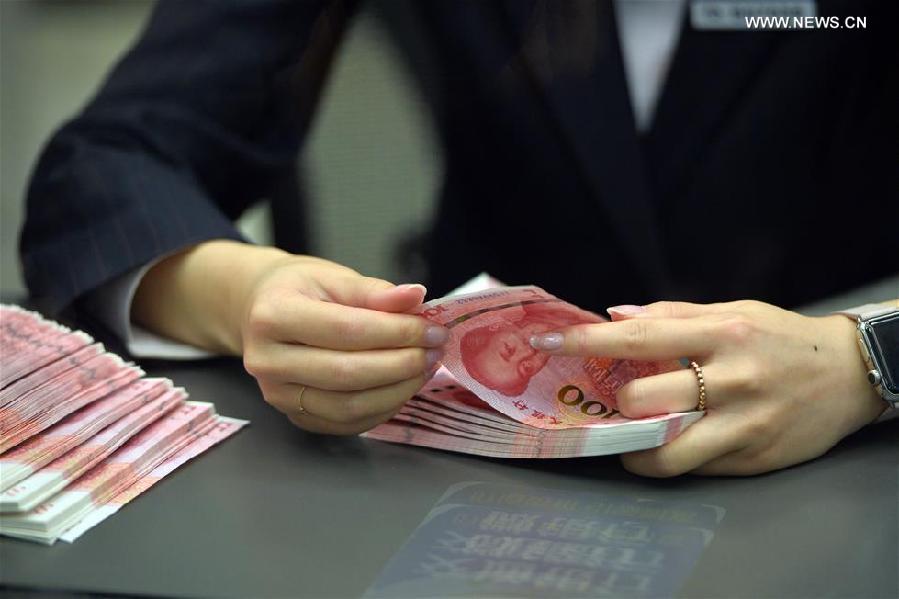Chinese yuan to remain stable despite temporary fluctuations
 0 Comment(s)
0 Comment(s) Print
Print E-mail Xinhua, June 17, 2019
E-mail Xinhua, June 17, 2019

The Chinese currency renminbi (RMB) has experienced sharp fluctuations in both onshore and offshore markets recently. However, economists believe that the Chinese yuan will remain stable in the long run supported by its sound economic fundamentals.
On June 7, the offshore RMB weakened to 6.96 yuan against the U.S. dollar, and on June 10, the exchange rate of onshore Chinese yuan fell to 6.93 yuan against the U.S. dollar.
The U.S.-China trade frictions have brought concerns of great uncertainties to the market, which has led to recent yuan fluctuations, according to E Zhihuan, chief economist at the Bank of China (Hong Kong).
Liu Guoqiang, vice governor of the People's Bank of China, said that the country is "capable and confident" of keeping the exchange rate generally stable on a reasonable and balanced level considering its sound economic fundamentals, great resilience and huge potential.
Since this year, the sound economic fundamentals of the Chinese economy have provided a solid base for the yuan to remain stable in the long run.
Leading economic indicators, including the manufacturing purchasing managers' index, consumption and foreign trade, have shown that China's economic performance has continued within a reasonable range and maintained stable momentum.
China's foreign trade of goods climbed to 12.1 trillion yuan (about 1.76 trillion U.S. dollars) in the first five months, up 4.1 percent year on year, data from the General Administration of Customs (GAC) showed.
The country's export markets are also increasingly diversified. China's trade with countries participating in the Belt and Road Initiative totaled 3.49 trillion yuan in the first five months, up 9 percent year on year, the GAC said.
"Considering the two fundamental factors of foreign exchange reserves and trade surplus, China, without doubt, could keep its exchange rate stable," Zhao Qingming, chief economist at the Institute for Financial Derivatives, the research arm of the China Financial Futures Exchange.
China's trade surplus expanded 45 percent to 893.36 billion yuan during the January-May period, GAC data showed.
China's foreign exchange reserves expanded to 3.101 trillion U.S. dollars at the end of May, marking the highest level in nine months, according to the State Administration of Foreign Exchange.
The country also has plenty of market and policy tools to stabilize its currency and efficiently prevent speculators from taking advantage of short-term exchange rate fluctuations, said Lian Ping, chief economist with the Bank of Communications.
China should promote the marketization of the exchange rate formation mechanism, allowing the market to play a decisive role, said Zhou Jingtong, a senior researcher with the international finance institute of the Bank of China.
Meanwhile, the country should retain the means of counter-cyclical factors and issuance of central bank bills in offshore RMB markets to maintain stable exchange rate and deter overseas short sellers, Zhou said.






Go to Forum >>0 Comment(s)